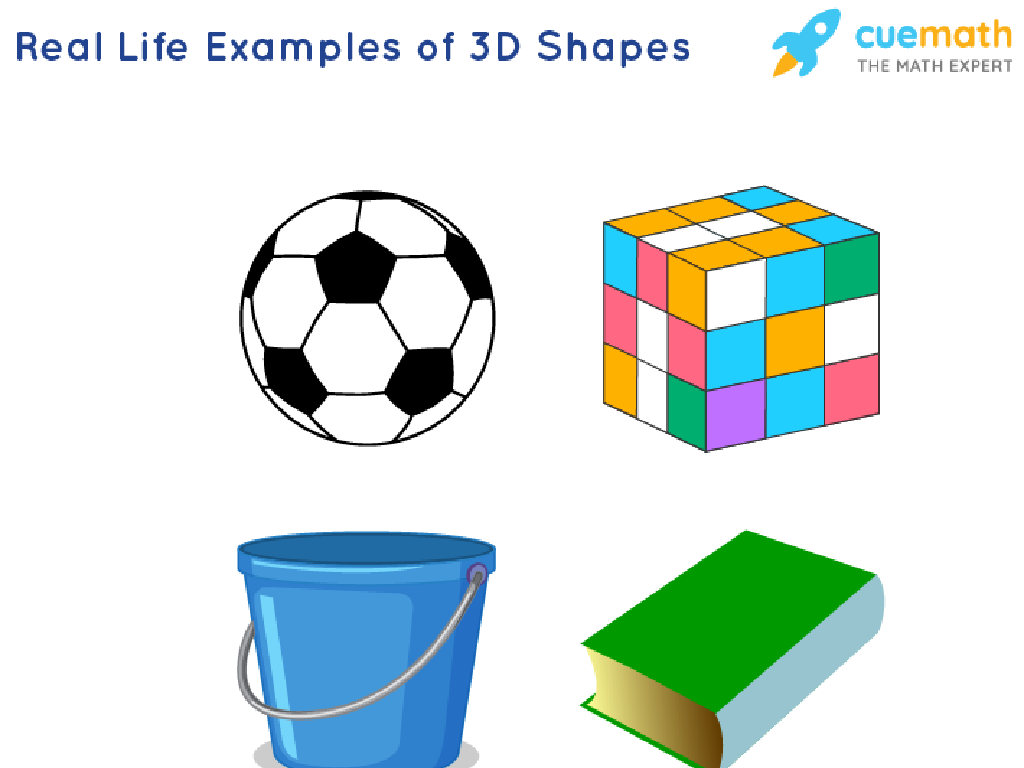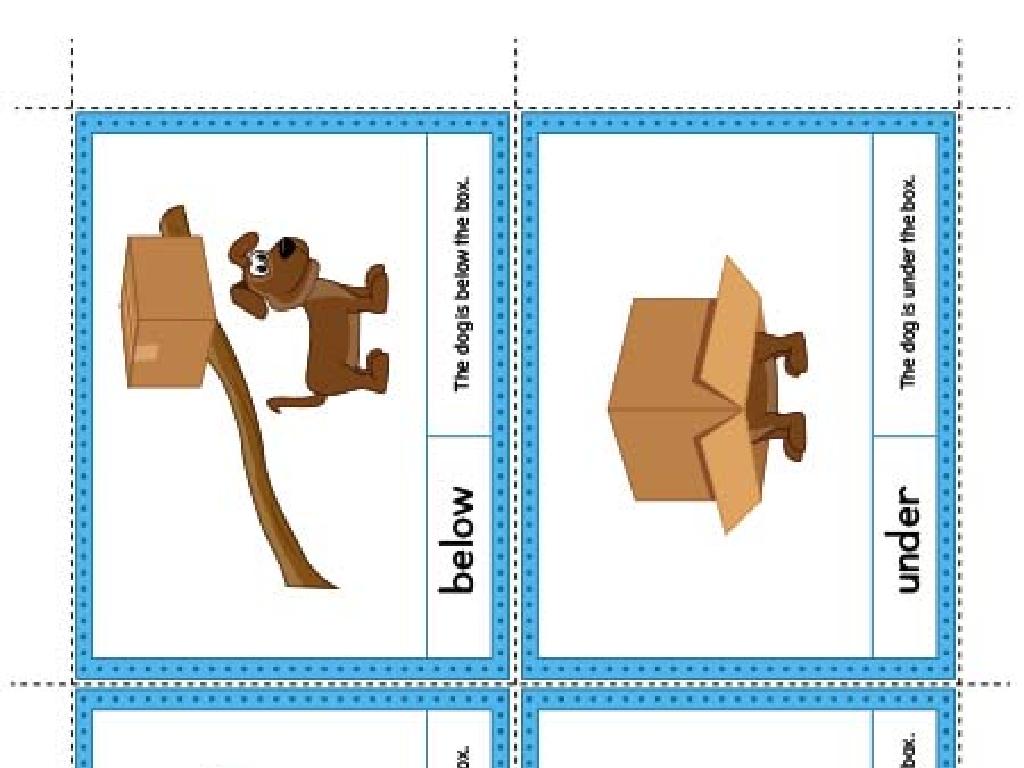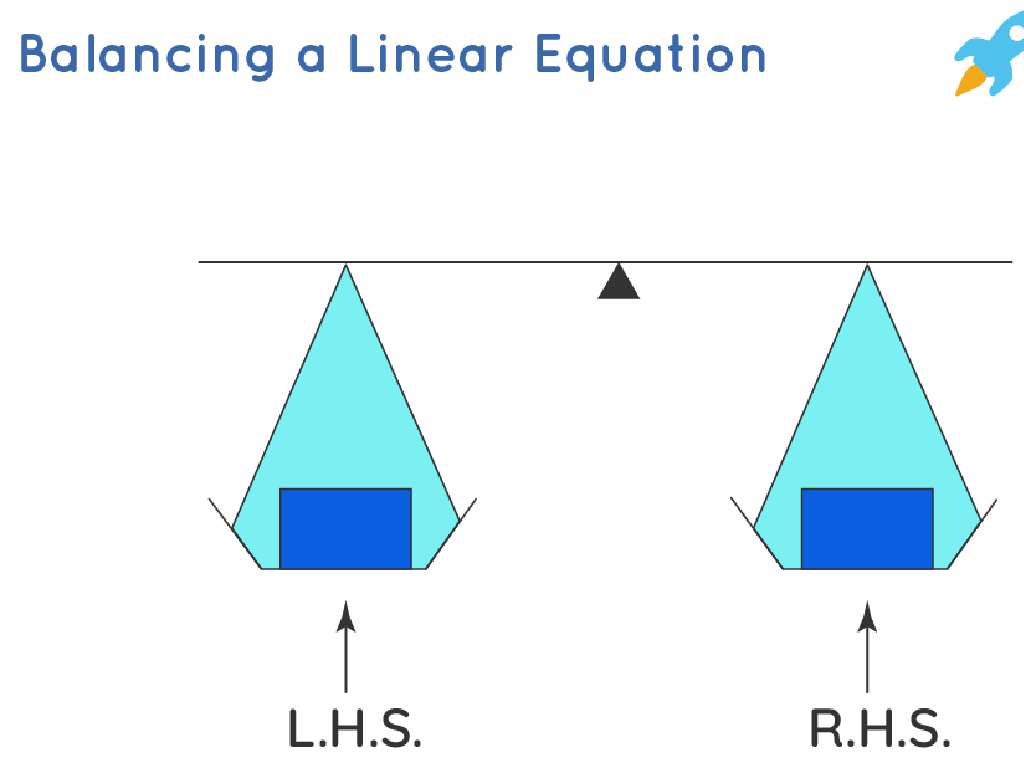Identify Thesis Statements
Subject: Language arts
Grade: Seventh grade
Topic: Persuasive And Opinion Writing
Please LOG IN to download the presentation. Access is available to registered users only.
View More Content
Identifying Thesis Statements in Persuasive Writing
– What is persuasive writing?
– Persuasive writing aims to convince readers of a viewpoint.
– Focus: Thesis statements
– A thesis statement expresses the main argument or claim.
– The role of thesis statements
– It guides the reader and anchors the argument.
– Crafting a strong thesis
– A strong thesis is specific, clear, and arguable.
|
Begin the lesson by explaining persuasive writing as a genre that aims to convince readers to accept a particular standpoint or take a specific action. Emphasize the importance of a thesis statement, which is the core argument or claim of the essay. Discuss why thesis statements are crucial: they provide a roadmap for the paper and make a claim that requires evidence. Teach students how to craft a strong thesis statement by being specific, clear, and presenting an arguable point. Use examples of thesis statements from familiar texts or previous class discussions to illustrate these points. Encourage students to think critically about what makes a thesis effective and how it sets the tone for the rest of the writing.
Understanding Thesis Statements
– Define a thesis statement
– A thesis statement expresses the main idea of your essay.
– Thesis: Backbone of argument
– It’s the central claim that your entire argument rests upon.
– Review thesis statement examples
– ‘School uniforms limit student expression’ shows a clear stance.
– Crafting your own thesis
– Use a strong opinion to guide your essay’s direction.
|
This slide introduces the concept of a thesis statement, which is a crucial element in persuasive and opinion writing. It’s important for students to understand that a thesis statement is a clear, concise summary of their main point or claim in an essay. It should be specific and arguable, providing a roadmap for the evidence to be presented. Examples should illustrate how a well-crafted thesis statement sets the tone for the essay and guides the reader’s expectations. Encourage students to think critically about their stance on a topic and how to express it compellingly in a thesis statement. In the next class, we’ll practice writing thesis statements and identifying them in sample texts.
Characteristics of a Strong Thesis Statement
– Must be clear and concise
– It should be easily understood and not vague
– Should take a definitive stand
– It presents a clear argument or opinion
– Needs to be justifiable and debatable
– Allows for a healthy discussion with opposing viewpoints
– Must be specific and focused
– It narrows down the topic to a particular aspect
|
When teaching students about thesis statements, emphasize that clarity and brevity are key to ensuring that the reader understands the main argument. The thesis must take a stand, presenting a clear position on a topic. It should invite debate, meaning others could potentially disagree with it, which allows for argumentation in the essay. Lastly, it should be specific, focusing on a particular aspect of a topic rather than being too broad. Use examples of thesis statements and analyze them with the class to identify these characteristics. Encourage students to practice crafting their own thesis statements with these qualities in mind.
Thesis Statements: Examples vs. Non-examples
– Analyze strong and weak thesis statements
– Compare well-crafted vs. poorly constructed theses
– Understand why some theses are effective
– Effective theses are clear, concise, and arguable
– Discuss provided thesis statement examples
– Review examples and identify strengths and weaknesses
– Engage in group analysis activity
|
This slide aims to help students distinguish between effective and ineffective thesis statements. Start by explaining the characteristics of a strong thesis statement, such as clarity, conciseness, and an arguable point. Provide students with examples of both good and poor thesis statements and discuss why some are more successful than others. Encourage critical thinking by having students work in groups to analyze the examples provided, identifying what makes a thesis statement work and what doesn’t. This activity will enhance their ability to craft their own strong thesis statements in persuasive and opinion writing. Provide guidance on how to lead the group discussion and offer suggestions for how students can improve weak thesis statements.
Crafting Your Own Thesis Statement
– Steps to a strong thesis
– Start with a question about your topic, then turn the answer into a statement.
– Brainstorm main ideas
– Jot down all your thoughts on the topic and look for patterns or themes.
– Refine your argument
– Narrow down your focus and take a clear stance to make your thesis more compelling.
– Thesis statement examples
– ‘School uniforms limit student expression’ is a clear, debatable thesis.
|
This slide is aimed at guiding students through the process of developing a strong thesis statement for their persuasive essays. Begin by explaining the importance of a thesis statement as the backbone of their argument. Encourage students to start with a broad question related to their topic and use brainstorming techniques to gather ideas. Teach them to refine their argument by focusing on a specific aspect and taking a clear stance. Provide examples of effective thesis statements and explain why they work. Instruct students to practice crafting their own thesis statements as homework, ensuring they understand the need for a thesis to be debatable and focused.
Class Activity: Thesis Statement Workshop
– Pair up for prompt review
– Identify thesis in peer’s work
– Look for the main argument or claim
– Engage in group feedback
– Share constructive criticism and insights
– Reflect on the activity
– Think about what was learned and how to apply it
|
This slide outlines a collaborative classroom activity focused on identifying thesis statements in persuasive writing. Students will pair up to review various writing prompts and then identify the thesis statement in their partner’s work. Afterward, there will be a group feedback session where students can share their findings and provide constructive criticism. This activity aims to enhance students’ understanding of thesis statements and their ability to discern the main argument in persuasive texts. As a teacher, facilitate the pairing, ensure that each student has a chance to speak, and guide the feedback to be supportive and helpful. Encourage students to reflect on the feedback they receive and consider how they can improve their own thesis statements in future writing assignments.
Wrapping Up: Thesis Statements & Homework
– Review: Thesis in Persuasive Texts
– Summarize the role of thesis statements in argumentative writing.
– Practice Makes Perfect
– Homework: Craft a Persuasive Paragraph
– Write a paragraph on a topic you feel passionate about.
– Emphasize a Strong Thesis
– Ensure your main argument is clear and concise.
|
As we conclude, recap the definition and function of a thesis statement in persuasive writing, emphasizing its role as the backbone of any argument. Highlight the importance of regular practice in mastering the art of persuasive writing. For homework, assign students to write a persuasive paragraph on a topic they are passionate about, with a clear and strong thesis statement. This will help them apply what they’ve learned and develop their ability to argue effectively. In the next class, we can review these paragraphs to reinforce the concepts and provide constructive feedback.






